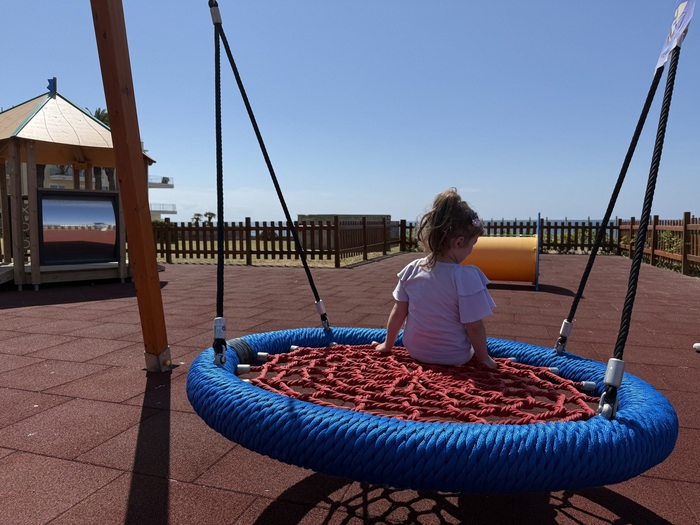The sudden suspension of the procedures for issuing J-1 visas by the Trump Administration has caused concern not only among international students but also among thousands of American families who rely on foreign au pairs for childcare.
Over the next four months, around 5,600 young people were expected to arrive, but the freeze on applications has disrupted travel plans, pairings, and family routines.
The State Department announced the halt of new visa processing for several categories, including the J-1, known as the Exchange Visitor Program. This decision was justified by the need to strengthen controls to prevent the entry of potential threats to national security. While media attention has focused mainly on the F-1 student visa, the J-1 program includes a wide range of temporary participants, from camp counselors to medical staff and au pairs.
Mark Overmann, Executive Director of the Alliance of International Exchange, explained to Newsweek magazine that many applicants had already begun organizing their future experiences, and in some cases, pairings with host families had already been arranged before the freeze. Overmann warns that the continued suspension worsens the disruption, putting at risk not only the paths of the au pairs but also the daily stability of thousands of parents who rely on these caregivers for their children.
According to estimates by InterExchange, an organization that supports the J-1 program, au pairs spend an average of $143.8 million annually in the U.S. 87% of families that rely on these young women would not be able to find adequate childcare alternatives without the program. Based on the latest available data, over 21,400 people participated in 2023, while around 348,000 were issued J-1 visas.
Despite the program’s popularity, it has not been without issues: in 2019, a group of former au pairs sued some agencies over working conditions and withheld wages, eventually reaching a $65.5 million settlement. However, the current suspension does not aim to address those concerns, but rather to intensify screening of applicants, including analysis of their social media profiles.
When contacted by Newsweek, a State Department spokesperson reiterated that obtaining a U.S. visa is “a privilege, not a right.” They also encouraged applicants to still submit their requests and wait for the reopening of assignments at American embassies and consulates, emphasizing the importance of complete honesty in their declarations.
The pause in J-1 visa programs which already require thorough checks before approval, has alarmed immigration advocates and cultural exchange groups. Overmann highlighted how these opportunities have become deeply integrated into the daily lives of many American communities, often without citizens even realizing it.












